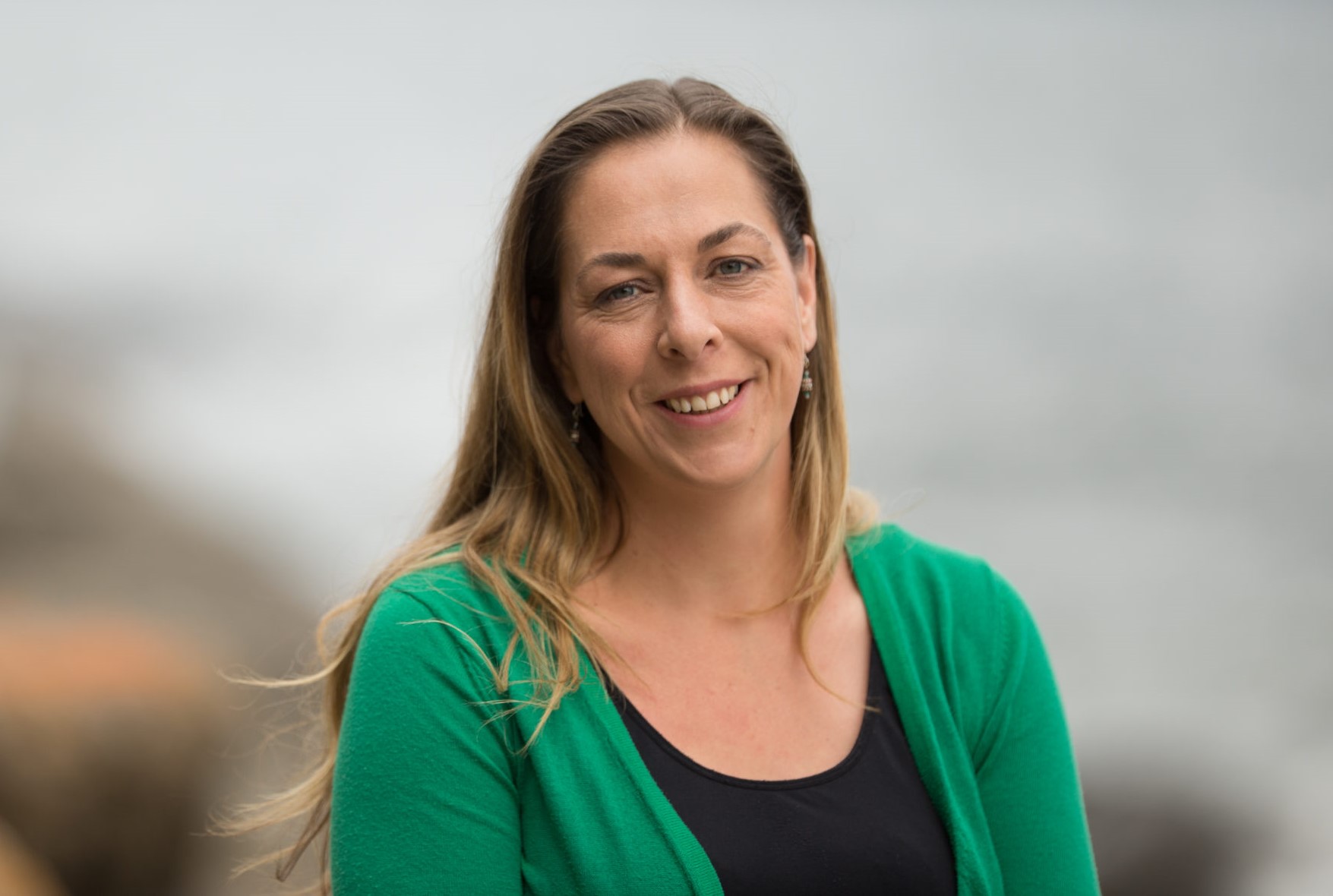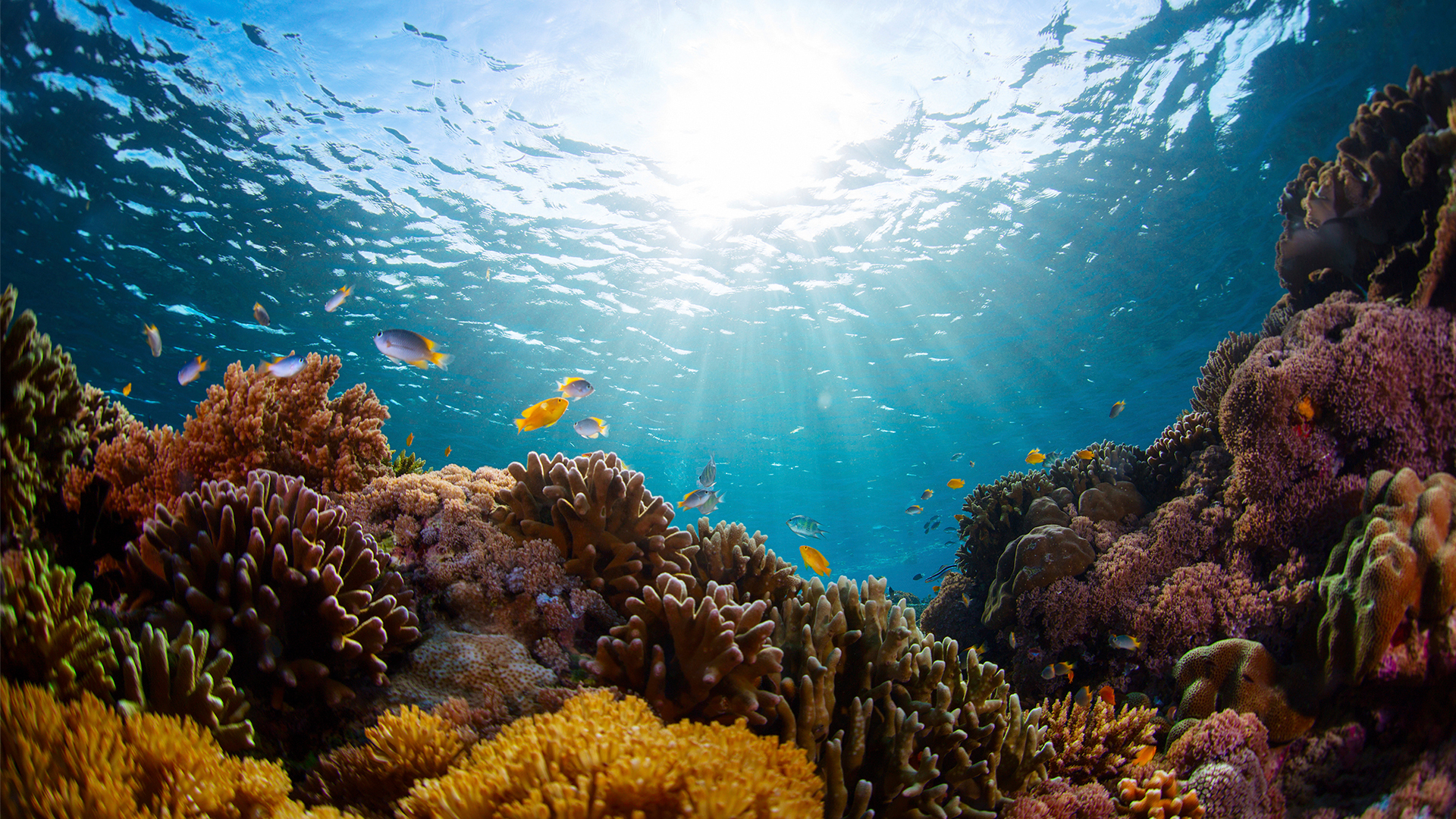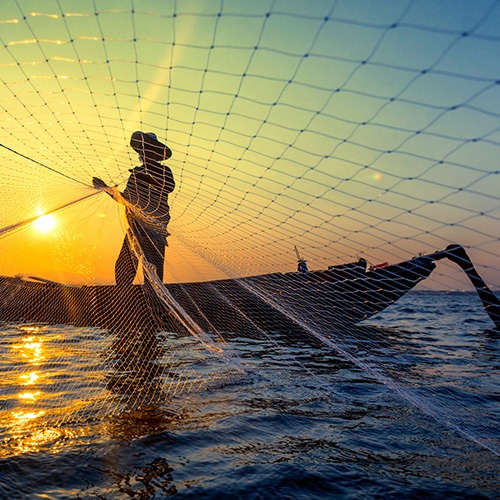During Seafood Directions 2024 in Tasmania, we caught up with Professor Gretta Pecl AM, one of Australia's leading marine ecologists.

Professor Gretta Pecl AM
As a Lead Councillor of the Biodiversity Council and Director of University of Tasmania and CSIRO’s Centre for Marine Socioecology, Professor Pecl's work goes beyond traditional marine science. She combines her understanding of how the environment shapes social interactions with community-driven strategies to protect and sustain marine ecosystems.
Her research focuses on how species and ecosystems respond to climate change, advocating for adaptive strategies in natural resource management. With affiliations spanning local and international marine policy, her work underscores a forward-thinking approach to science.
Who were some of your most influential mentors, and how did they impact your career?
I've been incredibly fortunate to have some truly remarkable mentors. Professor Stewart Frusher from the University of Tasmania has been a pivotal influence, teaching me the importance of caring for my team, conducting rigorous science, and incorporating diverse voices into research.
Another influential mentor has been Professor Natalie Moltschaniwskyj, Chief Scientist at the NSW Department of Primary Industries. She was my honors supervisor, PhD supervisor, and first employer. Natalie taught me the fundamentals of research and the value of close collaboration with industry and resource managers.
I’ve also learned a lot from younger colleagues; some of these work relationships have developed into lifelong partnerships. Collaborating with good people whose goals and values align with your own is incredibly fulfilling.
What project or initiative are you most proud of being involved in?
One of my proudest accomplishments was serving as a Lead Author for the Intergovernmental Panel on Climate Change (IPCC) assessment report (AR6). The IPCC synthesises global scientific knowledge about human-caused climate change. The report is released every six to seven years and examines the impact of climate change on our planet and what actions can be taken.
I’m also proud of my work at the Centre of Marine Socioecology. Despite operating with a small budget, we collectively achieve innovative and important work that punches above its weight.
How do you maintain hope and motivation in the face of challenging climate data?
As a climate scientist for over 15 years, I’ve experienced climate anxiety. It’s important to acknowledge the gravity of biodiversity loss, extreme weather, and exceeding planetary boundaries—there are real, logical, rational reasons for distress.
At the same time, I find hope in the incredible work being done by so many passionate people tackling the climate crisis. Seeing the Great Barrier Reef bleaching repeatedly has brought me to tears. However, working with counsellors has helped me to acknowledge that these emotions are important. Staying focused on the significance of our work and finding joy in the present and in the inspiring people around me helps me stay motivated.
What’s your one message to the younger generation?
Young people have reason to feel concerned, but we're at a pivotal moment where the actions we take now can make a huge difference. Every effort to reduce climate impact matters—every fraction of a degree of warming we can prevent is a win.
One of the most inspiring sights for climate scientists worldwide is witnessing the active involvement of young people in protests and advocacy. While it upsets me greatly that this burden is placed on younger people, I can assure them that their voices are being heard, and I can only hope that the rest of the world will soon follow suit.
We have the knowledge, technology, and capacity to create a better future. Let's keep that in mind when it's time to make decisions in everyday life and the next time you're at the voting booth.
How do climate change, overfishing, and marine biodiversity loss interact and compound each other's effects?
Although many of us naturally think of many issues – like climate change or biodiversity loss – as separate issues, the reality is that most things are interlinked somehow. The healthier our natural systems are in terms of any negative impacts like pollution, plastic, overfishing, habitat loss or many others, the more resilient these systems will be with respect to their capacity to adapt to the ramifications of climate change.
Climate change is now a major driver of biodiversity loss through impacts on habitat-forming species like mangroves, seagrasses, corals, and kelps – species that are incredibly important for so many other critters in our marine ecosystems. Around 45% of the Australian coastline has already seen significant losses or damage to these habitats through climate change-related increases in temperature or extreme events. Doing what we can to reduce any stressors on coastal systems within our control should be a priority.
How can we balance the need for food security with protecting marine ecosystems?
Any resource extraction like fishing – whether that is commercial or recreational – should be conducted responsibly and sustainably for many good reasons. However, one of those reasons that I believe we often overlook is that sustainable seafood is one of the lowest carbon-producing protein sources available to us. Gram for gram, most seafood takes less carbon to produce than other types of protein-rich food, so done responsibly, seafood can be part of a lower-carbon future. This makes it even more important that we do what we can to ensure our fisheries are well managed and sustainable.



